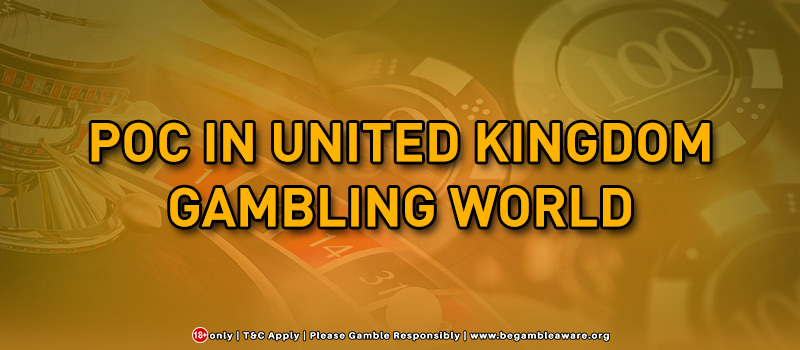Gambling is legalised in Britain and some other countries across the world. This means that the government is aware of the returns earned by the gambling companies through gambling and since it is legal income, it is also charged with taxes. The cess on online gambling is charged to the casinos on the revenue they earn.

The ‘Point of Consumption Tax’ shortly known as POC imposed on online gambling establishments by the British Government in 2014 as an amendment to the 2005 Gambling Act. The initial rate of tax is around 15% and is particularly aimed at those casinos that earn revenue in the UK but that are based in another location. Moreover, the tax is applied when the games are played. The casinos located overseas are generally liable for taxes in their home nation.
Thus, the POC has been stated an unpopular among various gambling businesses, moreover, it has led to price hikes and minimized expenditure on rewards and other comps from some establishments, which has a knock-on effect on players.
Prior to the establishment, POC was widely recognized that the UK holds a liberal attitude towards gambling businesses with a number of premier gambling brands found in Europe like William Hill, and Paddy Power all of which hailed originally from the UK.
The British companies own their headquarters in several locations like Jersy, Isle of Man, and Gibraltar. The reason behind this is because until quite recently the law allowed those online businesses to pay their taxes to the nation that they were located in, and it didn’t matter where those online gambling services were being used.
The Point of Consumption (POC) efficiently taxes the gambling revenue and casino at the ‘point of consumption’- which results in the country where the games are being played, with the 15% tax being applied as the games are being played.
Those casinos which are located overseas will still have to pay those taxes that are required in their home nation, and this is why the Point of Consumption tax is so unpopular among a great many gambling businesses, and has, in fact, led to some sites reducing the prizes offered to players as well as some price hikes which has an adverse knock-on effect on the players.
Those that support the Point of Consumption tax believe that the British gambling market is now fairer and safer as the number of disreputable brands are limited and that the tax also ensures that off-shore operator adheres to the standards of security and legality that is demanded of them.